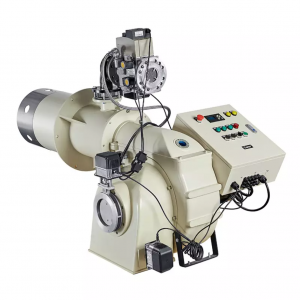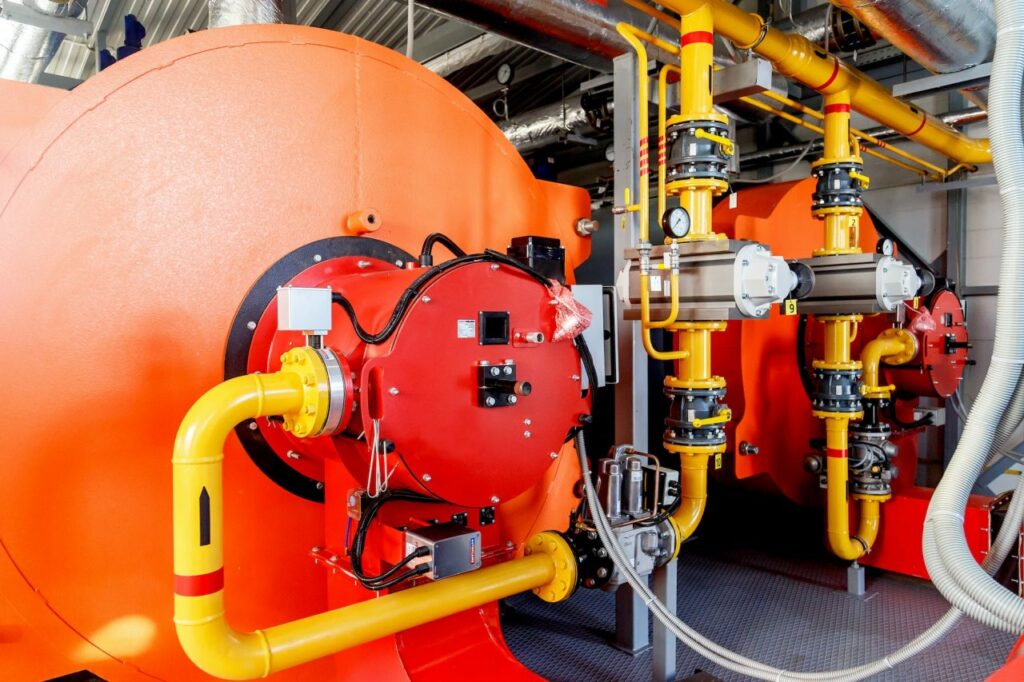At Career Burner, we understand the critical importance of maintaining your low NOx gas burners to ensure optimal performance, safety, and efficiency. Regular maintenance is not just about keeping your equipment running—it’s about reducing emissions, improving combustion efficiency, and extending the lifespan of your equipment.
Importance of Regular Inspections and Calibration
Routine inspections are vital for ensuring that all components of your low NOx gas burner are functioning properly. Focus on key areas like burner tips, air supply, and combustion chambers. Regular checks allow you to identify any potential issues before they become serious problems.
An essential step in maintenance is fuel-air ratio calibration. Using a flue gas analyzer, you can adjust the fuel-air mixture to optimize combustion. This not only ensures the most efficient operation but also helps to minimize NOx emissions. Moreover, when reassembling components after inspections, always verify that they are correctly oriented and dimensionally accurate to prevent misalignments that could affect burner performance.
Enhancing Efficiency with Proper Ventilation and Preheating
Ventilation plays a crucial role in the operation of low NOx gas burners. Proper ventilation is necessary to prevent the buildup of toxic gases like carbon monoxide, ensuring the safety of both equipment and personnel. It also ensures an adequate supply of combustion air, which is vital for achieving efficient combustion.
Additionally, preheating the combustion air can significantly enhance the performance of your burner. By introducing preheated air, you increase the combustion temperature, improve fuel efficiency, and reduce NOx emissions. At Career Burner, we recommend integrating advanced safety features such as low oxygen cut-off and high temperature limit control to further optimize burner performance and reduce the risk of accidents.
Operator Training and Maintenance for Long-Term Performance
Even the best-maintained equipment can face performance issues if operators are not well-trained. Proper training ensures that your team understands safe operation, maintenance procedures, and how to respond to emergencies effectively. This training helps to avoid mistakes that could damage the equipment or lead to inefficient operation.
Preventing fouling is another key aspect of long-term burner performance. Regular maintenance, including the use of skid-mounted fuel gas systems, ensures that contaminants do not interfere with burner operation. Additionally, maintaining burner refractory materials is essential to prevent wear and tear, further enhancing burner life. Finally, commissioning and recommissioning your low NOx gas burners periodically ensures they remain in optimal working condition.
Conclusion
By following these essential maintenance tips, you can ensure that your low NOx gas burners remain efficient, reliable, and environmentally friendly. At Career Burner, we are committed to providing solutions that optimize burner performance and reduce emissions, helping you stay ahead in a competitive industry.




